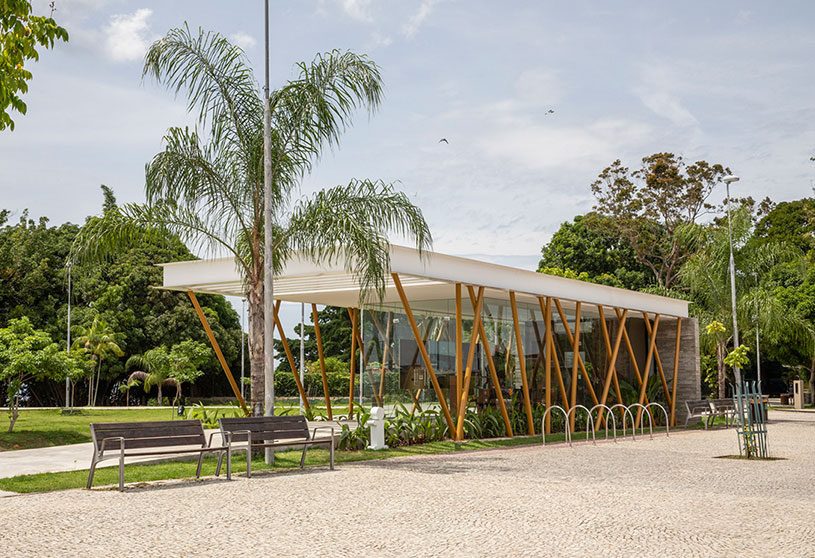Destination marketing is shifting towards creating highly personalized and localized experiences for travelers. Instead of generic marketing campaigns that cater to the masses, destinations are now focusing on understanding individual preferences and tailoring experiences to meet those unique needs. This trend is driven by the increasing demand for authentic experiences, where travelers want to immerse themselves in local culture, food, and traditions. Marketers are leveraging data analytics and AI to segment audiences and deliver personalized content that resonates with specific traveler personas.
Rise of Social Media Influencers
Social media influencers have become a powerful force in destination marketing. Travelers are increasingly looking to influencers for inspiration and recommendations, making them an essential part of a destination’s marketing strategy. Collaborating with influencers allows destinations to reach a wider audience and create more engaging and authentic content. These influencers often showcase lesser-known attractions, hidden gems, and unique experiences that might not be highlighted in traditional marketing materials. This trend emphasizes the importance of authenticity and relatability in marketing efforts.
Sustainable Tourism Initiatives
As travelers become more environmentally conscious, sustainable tourism has emerged as a significant trend in destination marketing. Destinations are promoting eco-friendly practices, such as reducing carbon footprints, supporting local communities, and preserving natural resources. Marketers are focusing on educating travelers about sustainable travel options and encouraging them to choose destinations that prioritize sustainability. This trend not only appeals to environmentally conscious travelers but also helps destinations differentiate themselves in a crowded market by showcasing their commitment to responsible tourism.
Use of Virtual Reality and Augmented Reality
Virtual Reality (VR) and Augmented Reality (AR) are transforming the way destinations market themselves. These technologies allow potential travelers to experience a destination before they even set foot there. VR and AR can be used to create immersive virtual tours, showcase attractions, and provide interactive experiences that engage potential visitors. This trend is particularly effective in capturing the attention of tech-savvy travelers who are looking for innovative and immersive ways to explore new destinations.
Emphasis on Wellness and Well-being
Wellness tourism is on the rise, and destinations are capitalizing on this trend by promoting experiences that focus on health, relaxation, and overall well-being. From yoga retreats and spa getaways to wellness-focused culinary experiences, destinations are catering to travelers seeking rejuvenation and mental well-being. This trend is driven by the increasing awareness of the importance of self-care and the desire to escape the stresses of everyday life. Marketers are highlighting the wellness aspects of their destinations to attract this growing segment of travelers.
Storytelling Through User-Generated Content
User-generated content (UGC) is becoming a cornerstone of destination marketing. Travelers trust the opinions and experiences of their peers, making UGC a powerful tool for building credibility and authenticity. Destinations are encouraging visitors to share their experiences on social media platforms, using branded hashtags and running UGC campaigns. This trend not only amplifies a destination’s reach but also creates a sense of community and engagement among travelers. By leveraging UGC, destinations can showcase real-life experiences and build a stronger connection with potential visitors.
Focus on Niche Markets
Rather than targeting the broad mass market, destination marketers are increasingly focusing on niche markets to stand out in the competitive tourism landscape. Whether it’s adventure tourism, culinary tourism, or heritage tourism, destinations are identifying specific niches that align with their unique offerings and strengths. By targeting niche markets, destinations can create specialized marketing campaigns that resonate with the interests and passions of particular traveler segments. This trend allows for more targeted and effective marketing strategies, leading to higher engagement and conversion rates.
Integration of Artificial Intelligence and Machine Learning
Artificial Intelligence (AI) and Machine Learning (ML) are revolutionizing destination marketing by providing data-driven insights and automating various aspects of the marketing process. AI and ML can analyze vast amounts of data to identify trends, predict traveler behavior, and optimize marketing campaigns. These technologies enable marketers to deliver personalized content, improve customer service, and enhance the overall traveler experience. The integration of AI and ML is helping destinations stay ahead of the competition by making informed decisions and creating more effective marketing strategies.
Mobile-First Marketing Strategies
With the increasing reliance on smartphones for travel planning and booking, mobile-first marketing strategies have become essential for destination marketers. Destinations are optimizing their websites, content, and advertising for mobile devices to ensure a seamless user experience. Mobile apps, location-based services, and mobile-friendly content are being used to engage travelers on the go. This trend reflects the growing importance of mobile technology in the travel industry and the need for marketers to adapt their strategies to meet the expectations of mobile-savvy travelers.
Collaboration with Local Businesses
Collaboration with local businesses is becoming a key trend in destination marketing. Destinations are partnering with local hotels, restaurants, tour operators, and artisans to create unique and authentic experiences for travelers. These partnerships not only enhance the visitor experience but also support the local economy. By working closely with local businesses, destinations can offer packages and promotions that showcase the best of what the area has to offer. This trend highlights the importance of community involvement in destination marketing and the value of creating mutually beneficial relationships with local stakeholders.



